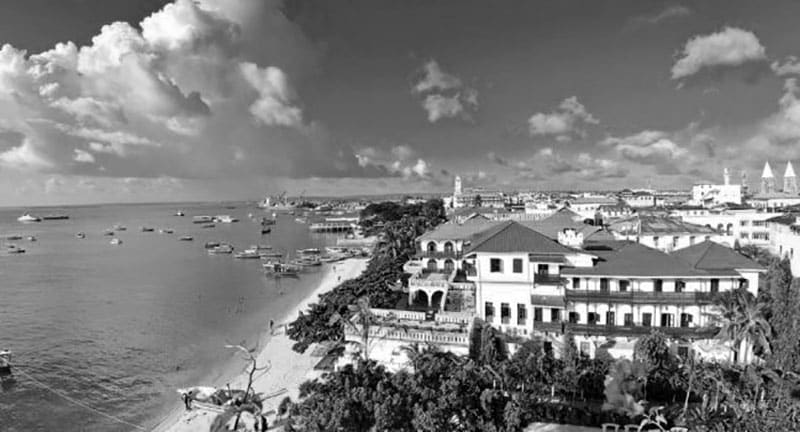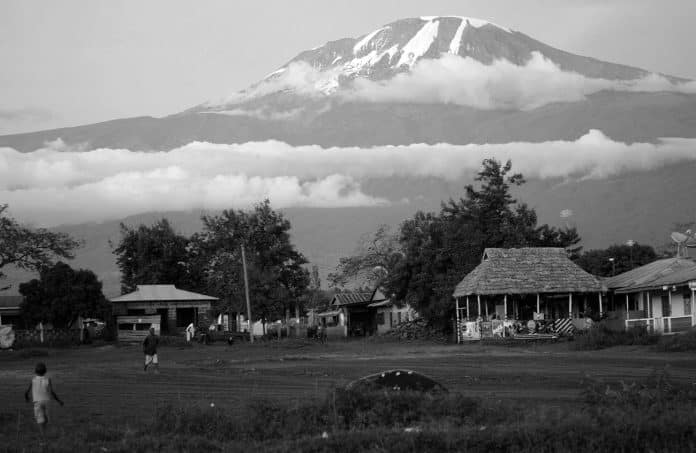Tourism Development in Tanzania – Transformation to Sustainability, Resilience and Inclusivity
Sustainability and Inclusivity: Remaking the Tourism Industry in Tanzania
Background of Tourism in Tanzania: Creating a Tourism Industry in Tanzania That Is More Sustainable, Resilient, and Inclusive
- According to the latest Tanzania Economic Update, the country’s tourism sector has vast unrealized potential that can significantly advance the Tourism development in Tanzania.
- The new analysis tackles the old problems that have plagued Tanzania’s tourism business and the brand new ones that have arisen because of the COVID-19 pandemic.
- Due to the epidemic, policy opportunities to assist the industry recover quickly and become a long-term driver of private sectors, economic and social inclusiveness, and climate adaptation mitigation are presented in the study.
Dated July 29, 2021, in Dar es Salaam; Long-term jobs, foreign currencies, funds to safeguard and maintain cultural and natural assets, and more effective tax development strategies and poverty alleviation efforts are among potential outcomes of Tanzania’s tourism industry.
Based on the recent World Bank’s Economic Update of Tanzania, Women make up 72 percent of the tourist workforce, “Transforming Tourism Towards a Resilient, Sustainable, and Sector that’s Inclusive.” The statement highlights the industry’s importance to the country’s economy, livelihoods, and poverty alleviation.
Rehema Gabriel, a hotel worker in Dar es Salaam, remarked, “The situation would be dreadful without tourists.” Eight years into my career in the tourism industry, I find it challenging to consider a future apart from the industry.
Findings Related to Tourism Development in Tanzania

Research indicates that the tourism economy has become increasingly valuable over time and is now the primary source of revenue for international visitors, the second largest contributor to GDP, and the third largest employer. Similar growth can be seen on the semiautonomous island of Zanzibar, where the sector is now believed to be responsible for 15k direct and 50k indirect jobs. While there is much potential for tourism development in Tanzania, research shows that just a fraction of the country’s uncultivated cultural resources have been used.
According to World Bank Senior Private Sector Development Specialist and co-author of the Tanzania Economic Update, Shaun Mann, tourism provides countries with abundant cultural and natural resources, like Tanzania, access to various worldwide markets. As we have witnessed during this pandemic, the loss of tourism revenue during Covid threatens the long-term viability of resources and the environmental, economic, and social ecosystems developed around these endowments.
The World Bank predicted that Tanzania’s GDP growth to 2.0 percent in 2020 because of the COVID-19 epidemic. The economy slowed down, but export-oriented enterprises like the travel and manufacturing sectors felt it the most. The report focuses on how the crisis has affected the tourism industry, which has far-reaching effects because it supports and is supported by many others. Businesses closed, and employees were let go due to a projected 72% drop in sector sales in 2020 (relative to 2019).
The decline in tourism has lowered the growth rate of the Zanzibari economy to an estimated 1.3% in the second quarter of 2018. Occupancy rates dropped to nearly nothing between March and September 2020, when the hospitality industry closed. Zanzibar’s tourist industry progressively recovered in the fourth quarter of 2020, with December 2020 visitor arrivals reaching nearly 80% of those in 2019. Nevertheless, tourism revenues plummeted by 38% in 2020.
The research concludes that as the tourism industry begins to recover alongside the rest of the world, the government should prioritize strengthening the industry’s future resilience by removing structural barriers that could otherwise prevent Tanzania from achieving higher and more equitable economic growth. Destination management and planning, market and product diversification, inclusive local value chains, a better business and investment climate, and innovative investment models based on cooperation and the creation of shared benefits are all areas of emphasis.
Regarding ecotourism, a highly competitive market niche in eastern and southern Africa, Tanzania is unrivaled. The country’s seascapes and landscapes provide environmental services such as biodiversity and carbon sequestration co-benefits. Still, these are often not correctly evaluated and produce little or no financial return. As a result of the global climate crisis, Tanzania is in a prime position to benefit from investments that are good for the environment. The potential increase in government revenue from international climate programs might be used to reduce budgetary constraints and improve people‘s living standards simultaneously.
The disruption of the tourism sector has presented an opportunity for tourism development in Tanzania with social, economic, and environmental resilience, according to World Bank’s Marina Bakanova, a Senior Economist and research co-author. As stated by the World Tourism Organization, “the epidemic has created an opportunity to undertake long-discussed structural reforms in the sector and to use the tourism industry as a model for improving the broader business climate for secluded investment.”
Objectives – Tourism Development in Tanzania
The authors propose five goals for a long-term reorganization of the tourism sector:
- Reduce bureaucracy and the myriad inefficiencies and distortions that inhibit foreign and domestic private investment decisions by fostering an efficient, dependable, and transparent environment.
- A centralized tourism and commercial information database will help planners better allocate resources and identify promising investment opportunities.
- Facilitating low-cost, short-term funding for businesses across the sector and downstream value chains.
- Advocating for, keeping tabs on, and providing reports on health and safety protocol observance status.
- Promoting landscape and ocean management that is in harmony with nature through the establishment of co-investment and partnership frameworks for tourism development in Tanzania.
For more articles related to the Economy of Tanzania click here!

































